Alarm bells for Coalition as Scott Morrison’s Newspoll ratings drop
Popular support for the Coalition slumps to the lowest levels since 2018, with Scott Morrison’s approval ratings also tumbling.
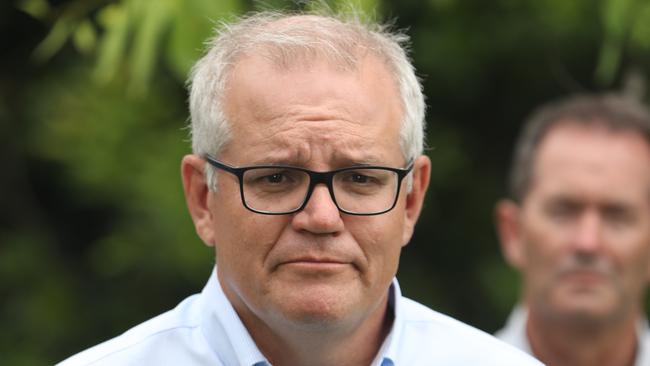
Popular support for the federal Coalition has slumped to the lowest levels since the 2018 Liberal leadership spill, with Scott Morrison’s approval ratings also tumbling as the government prepares to face an election in less than four months.
The first Newspoll of 2022, commissioned exclusively for The Australian, shows the Coalition also falling behind Labor for the first time as the party deemed better at leading Australia’s recovery out of Covid-19.
With Anthony Albanese closing the gap to just two points on Mr Morrison as preferred prime minister, the poll results will ring alarm bells within Coalition ranks, with the election expected to be held in May.
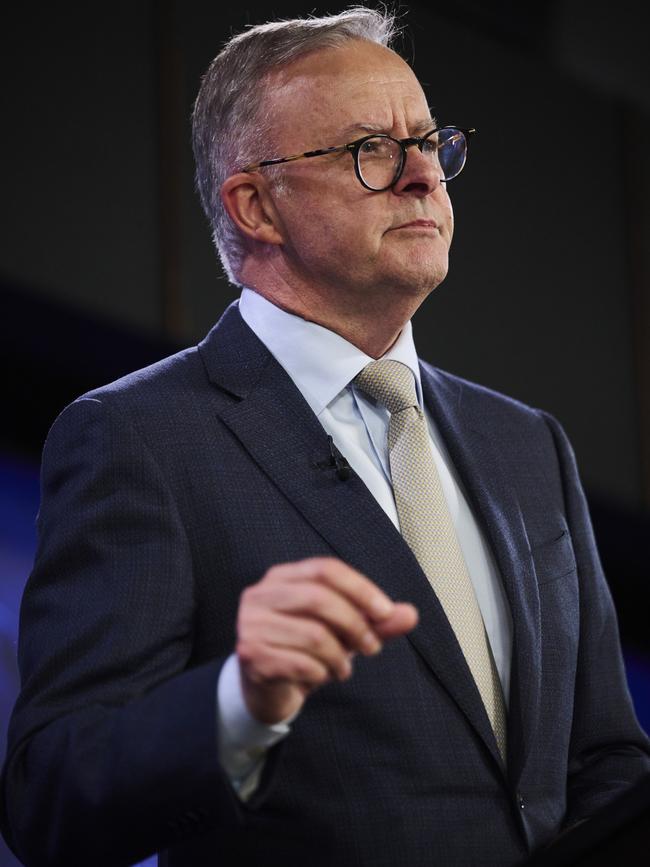
They show a marked downturn for the Coalition over the summer period, with the combined Liberal-Nationals vote falling two points to 34 per cent.
This is the worst result for the governing parties since September 2018, in the wake of the August leadership spill that elevated the Prime Minister to the top job over Malcolm Turnbull.
Labor’s primary vote lifted three points to 41 per cent, equalling its highest result from the same period.
The Greens lifted a point to 11 per cent while Pauline Hanson’s One Nation Party remains stable on 3 per cent.
With a two-point fall in primary vote support for independents and minor parties to 11 per cent, the poll produced a two-party-preferred lead for Labor of 56-44 – the largest margin for the opposition since September 2018 – and a six-point blowout on the 53-47 recorded in the final poll of 2021 published on December 6.
The polling numbers suggests Labor would win with a sizeable majority if replicated at a general election, with the potential loss of up to 25 seats for the Coalition on an assumed uniform swing of almost 7 per cent on the 2019 election outcome.
It comes after a summer of frustration for Australians over the lack of supply of rapid antigen tests, food shortages, travel delays, the mishandled deportation of Novak Djokovic and soaring case numbers from the Covid-19 Omicron outbreak.
The has led to a collapse in approval for Mr Morrison, with the Prime Minister’s net satisfaction ratings falling 11 points to minus 19, his worst ranking since February 2020 following the summer bushfire crisis. His satisfaction rating fell five points to 39 per cent while those dissatisfied with his performance as leader rose six points to 58 per cent.
Mr Albanese, who has had negative approval ratings for most of his tenure as Opposition Leader, lifted to a net satisfaction level of zero, with a four-point rise to 43 per cent in approval and a two-point decline in disapproval.
Mr Morrison still leads his rival as better prime minister but the margin has been reduced to two points at 43-41 – a sharp turnaround on the December contest of 45-36 per cent in favour of Mr Morrison.
For the first time, Labor was marked up as the better party to lead the country out of the pandemic, with 33 per cent agreeing that Mr Albanese and his party would be better at handling the recovery, compared with 32 per cent citing Mr Morrison and the Liberal-Nationals.
This was still ranked as the most important issue for voters, with 38 per cent citing this above creating jobs and growing the economy (26 per cent), leading Australia’s response to climate change (21 per cent) and dealing with the threat of China in the Asia-Pacific (10 per cent).
The concerns over Covid-19 were greatest in Queensland, with 38 per cent of voters saying it was the most pressing issue when deciding who to vote for, compared to 35 per cent in NSW and 32 per cent in Victoria.
The Coalition also appears to have lost its traditionally strong advantage as the better economic manager, with 33 per cent agreeing the Liberal-Nationals would be better placed to create jobs and grow the economy compared to Labor on 31 per cent.
In NSW and Queensland, the Coalition had 38 per cent support and Labor 29 per cent. In Victoria, 26 per cent backed the Coalition with 33 per cent supporting Labor.
When it came to better leading Australia’s response to climate change, 41 per cent of voters backed Labor and just 21 per cent the Coalition. Support for Labor on this issue was shared across the three east coast states.
This Newspoll survey was conducted on January 25-28, with 1526 voters throughout Australia interviewed online.
More Coverage
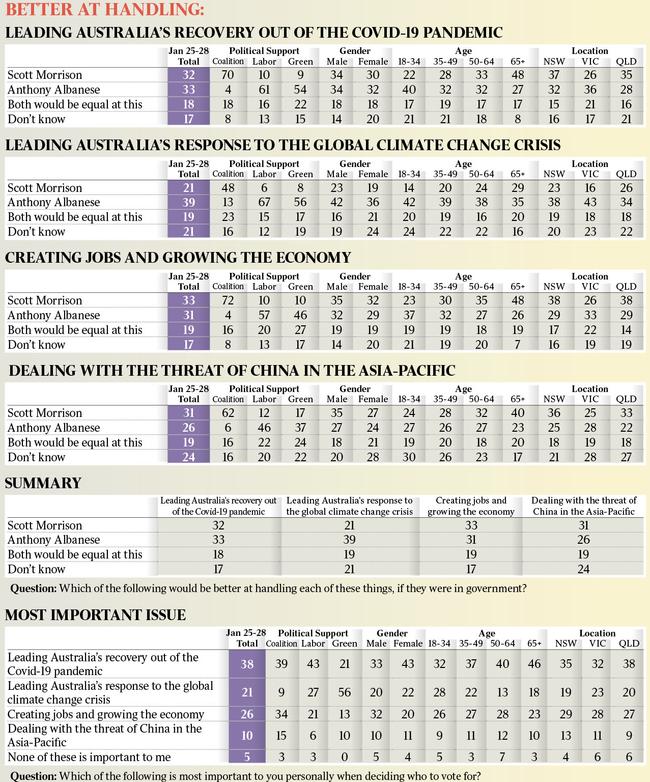


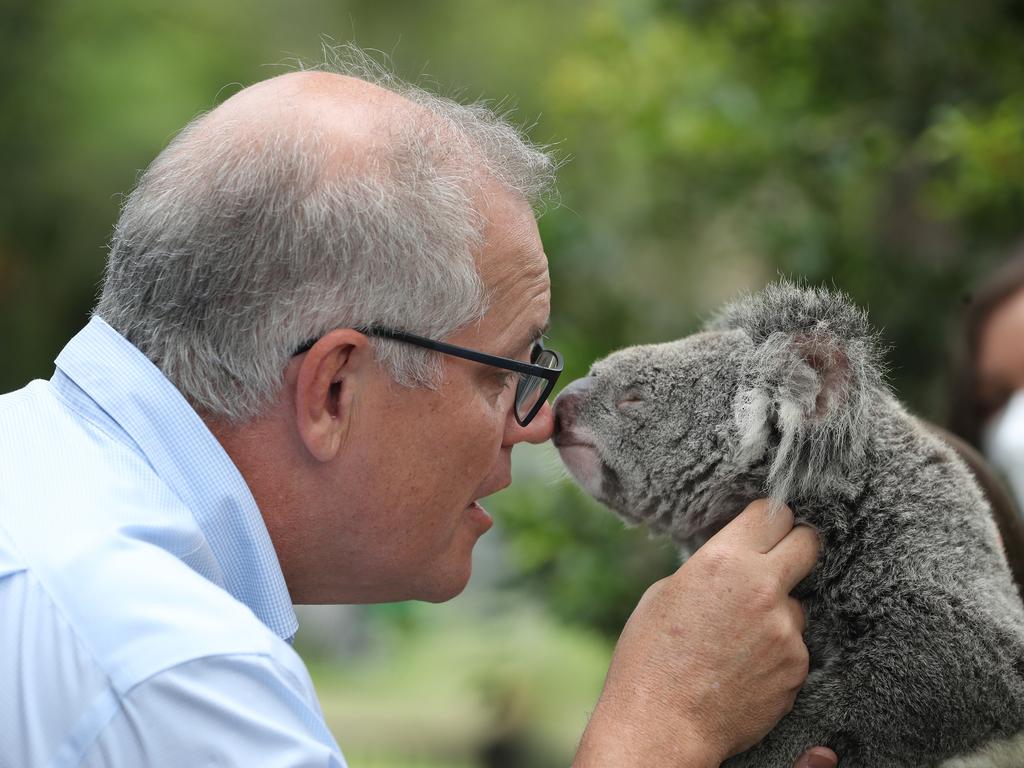
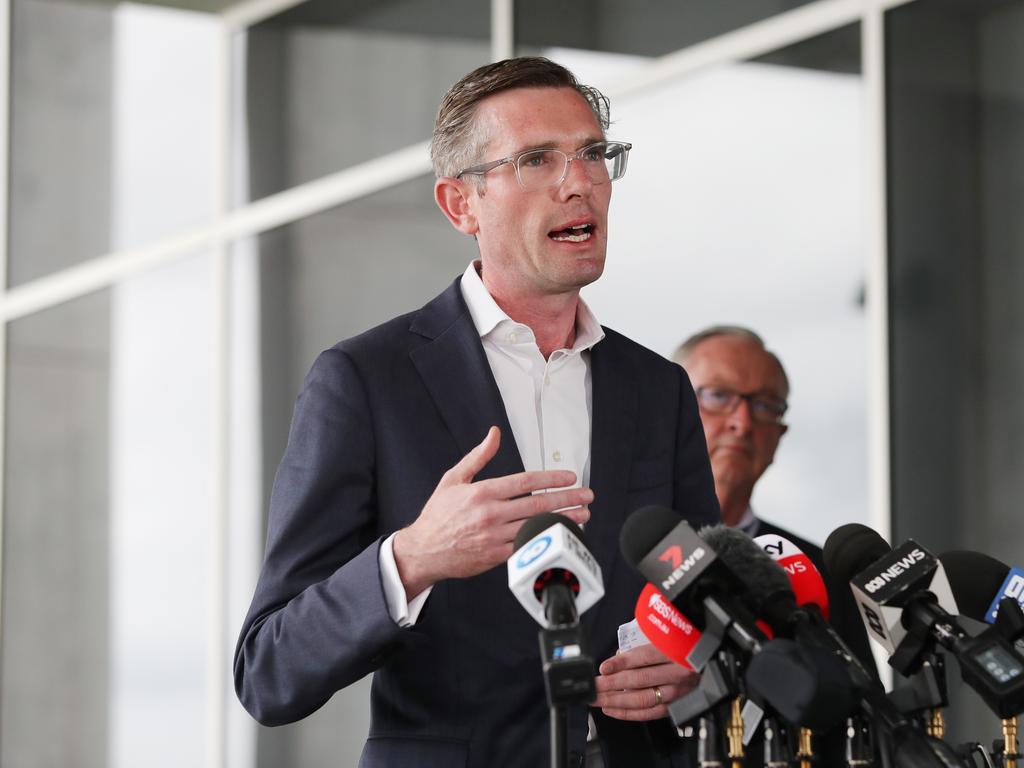

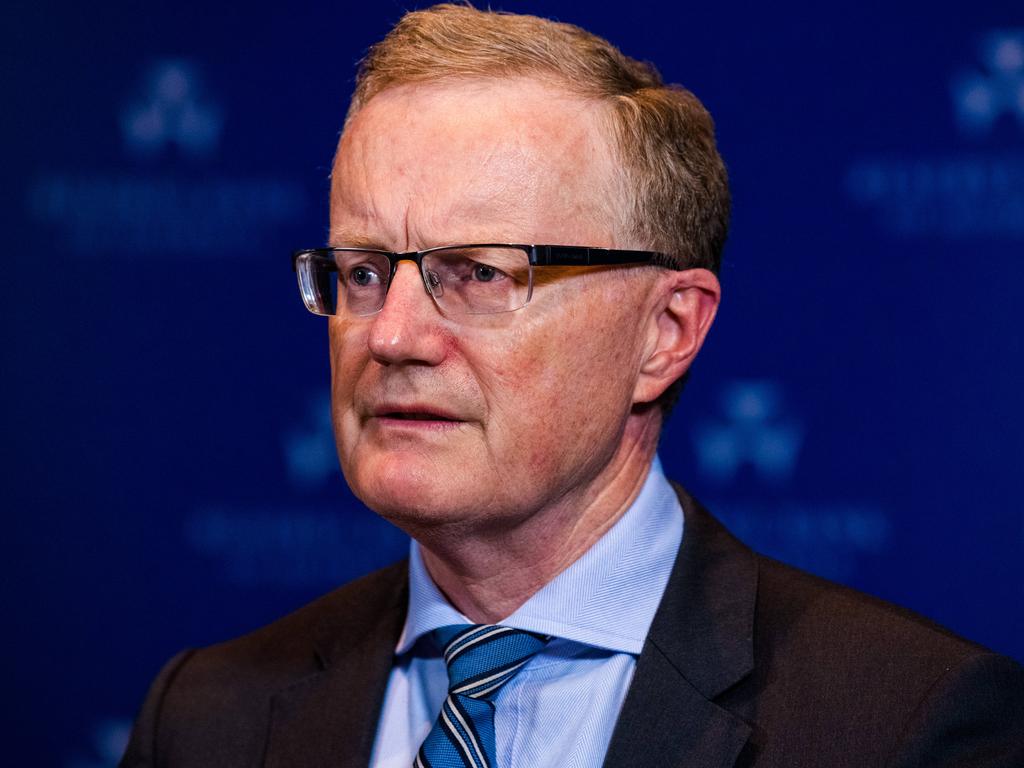


To join the conversation, please log in. Don't have an account? Register
Join the conversation, you are commenting as Logout